Historical films on April 30 such as "Noi Gio", "Canh Dong Hoang", "Biet Dong Sai Gon", "Mui Co Chay",... realistically recreate the heroic struggle of the nation.
The Wind Rises (1966)
The movie windy by director Huy Thanh was adapted from the play of the same name by author Dao Hong Cam. This is the first work of revolutionary cinema about the Vietnam War with a Southern context. Phuong was a lieutenant in the Army of the Republic of Vietnam, and her sister - Van - fought in the National Liberation Front of South Vietnam. After many years apart, the two sisters met again, but before they could be happy, conflicts arose. When she found out which side Phuong served, Van chased her away, and then a series of tragedies for their family.
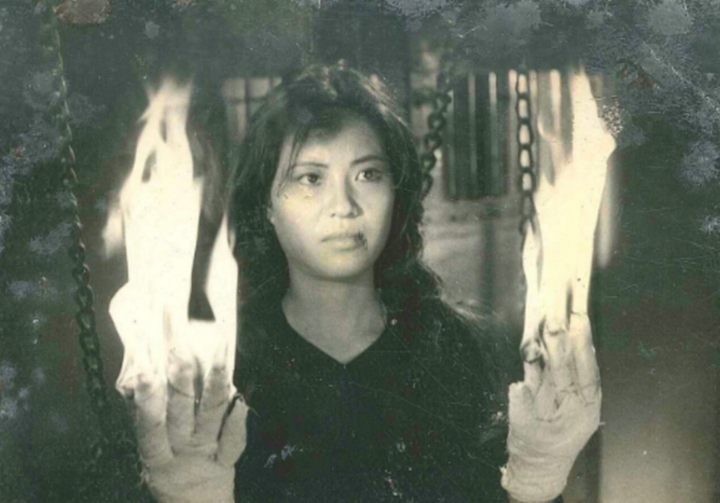
Van and her son were taken to a concentration camp. In the camp, she joined the struggle, was imprisoned, and her son was killed by the enemy. The pain drove Van crazy, but she overcame it and used the cover of a madman to carry out revolutionary activities in prison.
After being released from prison, Van convinced his younger brother and many soldiers of the Republic of Vietnam to join the cause and the people by destroying strategic hamlets and killing American advisors. The film ends with Lieutenant Phuong bending down to scoop water to wash his face in the river bathed in sunlight, amid the cheers of the people and the affectionate smile of his sister.
With the acting of artists The Anh (Lieutenant Phuong) and Thuy Van (Ms. Van), the film moved and haunted audiences of many generations. windy is considered an inspirational and spiritual film for the liberation of the South in 1975. The film won the Golden Lotus Award for Feature Film at the first Vietnam Film Festival.
The Wild Fields (1979)
Wild field directed by People's Artist Hong Sen, set in the Dong Thap Muoi region during the war against America. The film revolves around a couple named Ba Do and their young child living in a hut in the middle of a river. They were assigned by the Revolution to maintain communication lines for the army.
The author focuses on the couple's daily life: growing rice, raising children, catching pythons, catching fish, overcoming enemy raids, with scenes of US military Huey helicopters circling the flooded fields searching for guerrillas. When Ba Do was shot down by an American plane, to avenge her husband, Ba Do's wife chased after and shot down the helicopter.
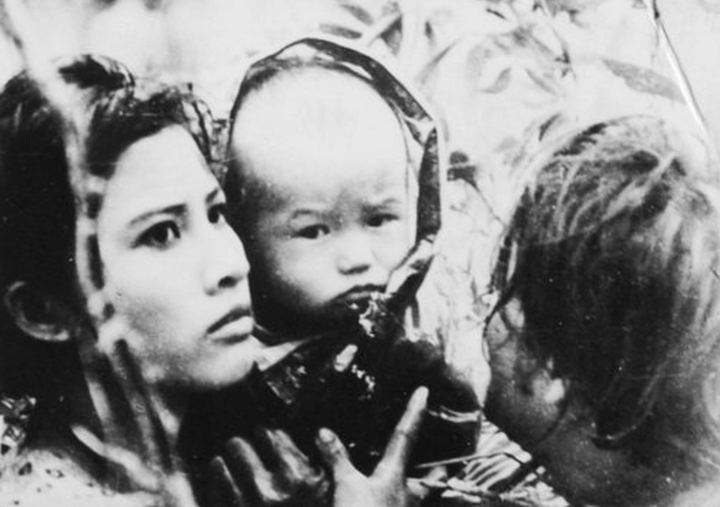
End of movie Wild field There is a scene where the photo of the American pilot's wife and children falls from his chest when he is shot. There were suggestions to cut this scene. However, it was kept so that viewers can better understand the American soldiers, who are also normal people, with wives and children like Ba Do, but because of the war, they had to abandon their families to go to Vietnam to fight. Director Hong Sen used the contrasting technique in cinematic language to convey profound human values, touching every heart.
Besides the talented direction of director Hong Sen and the script of writer Nguyen Quang Sang, the passionate acting of the cast, especially Lam Toi and Thuy An in the roles of Ba Do and his wife, created an excellent work of art.
Wild field won the gold medal at the Moscow Film Festival in 1981. It is also one of the rare Vietnamese films that shows almost perfect beauty from the screenwriter to the director, from the cinematography to the music . In addition, this is also a war film that represents the spirit of "relying on the people's strength to fight the Americans".
The Upside Down (1982-1987)
The cards are up is an 8-episode black-and-white film about intelligence, produced by Ho Chi Minh City General Film Enterprise (now Liberation Film Studio) in the years 1982-1987.
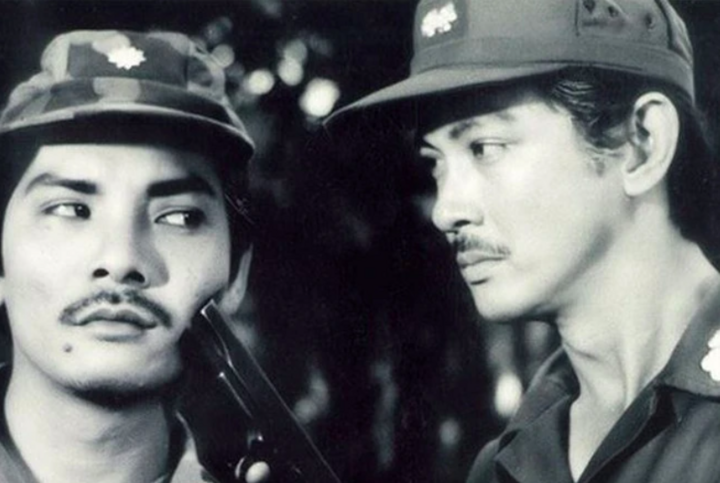
The film was written by Nguyen Truong Thien Ly (Tran Bach Dang), directed by Khoi Nguyen (Le Hoang Hoa), and starred Nguyen Chanh Tin (as Nguyen Thanh Luan), Thuong Tin, Thanh Lan, and Thuy An (as female intelligence agent Thuy Dung - Nguyen Thanh Luan's wife). This is the film that left the biggest mark in the film career of artist Nguyen Chanh Tin.
The cards are up is praised as a pinnacle of Vietnamese cinema. The film won a special prize at the 1983 Vietnam Film Festival, the Silver Lotus award, and the Best Actor award at the 1985 Vietnam Film Festival.
Saigon Commando (1986)
Saigon Commando by director Long Van includes 4 episodes Rendezvous, Silence, Storm and Give me back my name Written by Le Phuong and Nguyen Thanh, it was filmed from 1982 and lasted about 4 years.
The film depicts the exploits of the special forces during the resistance war against the US. Interwoven with the backdrop of bombs, smoke and fire are emotional love stories and the sacrifices of the soldiers, helping the film penetrate deep into people's hearts. The film was released in 1986, becoming a highlight of Vietnamese cinema at that time.
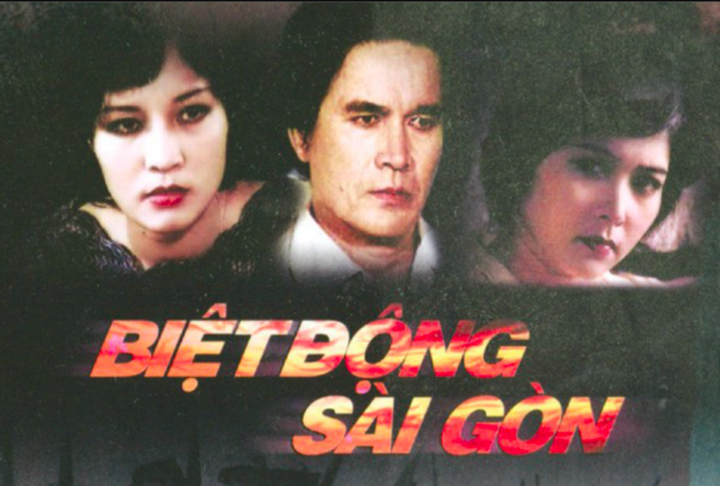
Not only did the film set a box office record, it also brought the names of many artists such as Quang Thai, Thuy An, Thuong Tin, Ha Xuyen, Hai Nhat, Thanh Loan… closer to the public. More than 3 decades have passed, but the work is still a favorite film.
The film brought the cast: Thanh Loan (as Nun Huyen Trang), Thuong Tin (as Sau Tam), Quang Thai (as Tu Chung),... to the pinnacle of glory. After 30 years of being shown on the big screen, rebroadcast many times on television, published on DVD and online, Saigon Commando still attracts a large number of viewers, becoming a classic film about April 30 of Vietnamese cinema.
Liberation of Saigon (2005)
Liberation of Saigon produced to celebrate the 30th anniversary of the liberation of the South and the reunification of the country. The main characters in the film are all historical figures such as General Secretary Le Duan (played by Meritorious Artist Ha Van Trong), General Vo Nguyen Giap (played by Khuong Duc Thuan), Secretary of the Central Office for Southern Vietnam Pham Hung (played by Meritorious Artist Hoang Quan Tao), Special Envoy of the Politburo Le Duc Tho (played by Duong Trong Hieu)...
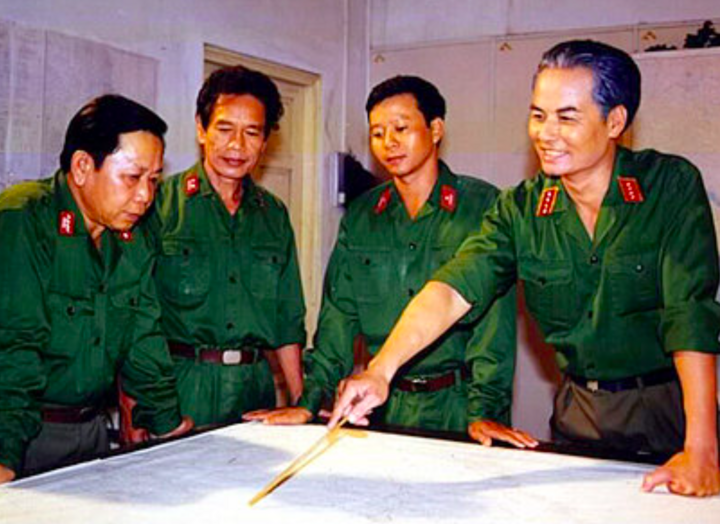
Liberation of Saigon directed by Long Van and produced based on the work Saigon - Epic by writer Hoang Ha, with some parts omitted. The film was invested with 12.5 billion VND, produced in a record time of 13 years. The film recreates some of the main events in the process of the Liberation Army entering Saigon, starting with the attack to liberate Buon Me Thuot.
The work recreates realistic scenes of bombs falling and bullets exploding, without special effects. Liberation of Saigon is considered a tragic and heroic film about the great victory of the Vietnamese people.
Don't Burn (2009)
Do not burn is a 2009 historical drama film directed and written by People's Artist Dang Nhat Minh, based on the famous diary of female doctor and martyr Dang Thuy Tram. The film created a big buzz when it was released.
The film delves into the profound inner life, clearly depicting the beauty of the soul and compassion of female military doctor Dang Thuy Tram (played by actress Minh Huong), which is also the spiritual beauty and fighting spirit of Vietnamese youth. In addition, the film also shows the tolerance of the Vietnamese people, proving that love erases historical wounds. This is a realistic, simple film but contains great and strong national character.

The film premiered at the 19th Fukuoka Film Festival in Japan and won the Audience Award. The film was released in late April 2009 in Vietnam and screened at the ASEM International Film Festival afterwards.
Don't Burn won the Golden Lotus Award at the 2009 Vietnam Film Festival and won 6 categories of the 2010 Golden Kite Award, including: Best Feature Film, Best Actress (Minh Huong), Best Director (People's Artist Dang Nhat Minh), Best Painter (Meritorious Artist Pham Quoc Trung), Best Sound (Meritorious Artist Bang Bac Hai) and Audience Choice Award. This film was also selected to participate in the Oscars.
The Scent of Burning Grass (2011)
The smell of burning grass Released in 2011, directed by Nguyen Huu Muoi, with poet Hoang Nhuan Cam as the screenwriter, based on the diary Forever 20 by martyr Nguyen Van Thac. The film recreates the 81-day and night battle at Quang Tri Citadel in 1972. The main characters of the film include four soldiers Hoang, Thanh, Thang, and Long.
Originally university students, at the call of the Fatherland, they were willing to put aside all their ambitions to go to battle. Here, Thanh, Thang, and Long sacrificed themselves, but Hoang was lucky to survive and return. The film is told from Hoang's memories when he revisited the old battlefield.

Filming began in December 2010, the film was specially invited to attend the 17th Vietnam Film Festival in Phu Yen, premiered at the opening ceremony of the film week and won the Silver Lotus Award.
In 2012, the film was awarded 4 Golden Kite Awards for Best Film, Best Music (musician Do Hong Quan), Best Screenplay (Hoang Nhuan Cam) and Best Cinematography (Meritorious Artist Pham Thanh Ha) at the 2011 Golden Kite Awards Ceremony.
In September 2012, the film was chosen to represent Vietnam in the Best Foreign Language Film category at the Oscars, but failed to pass the preliminary round.
Source



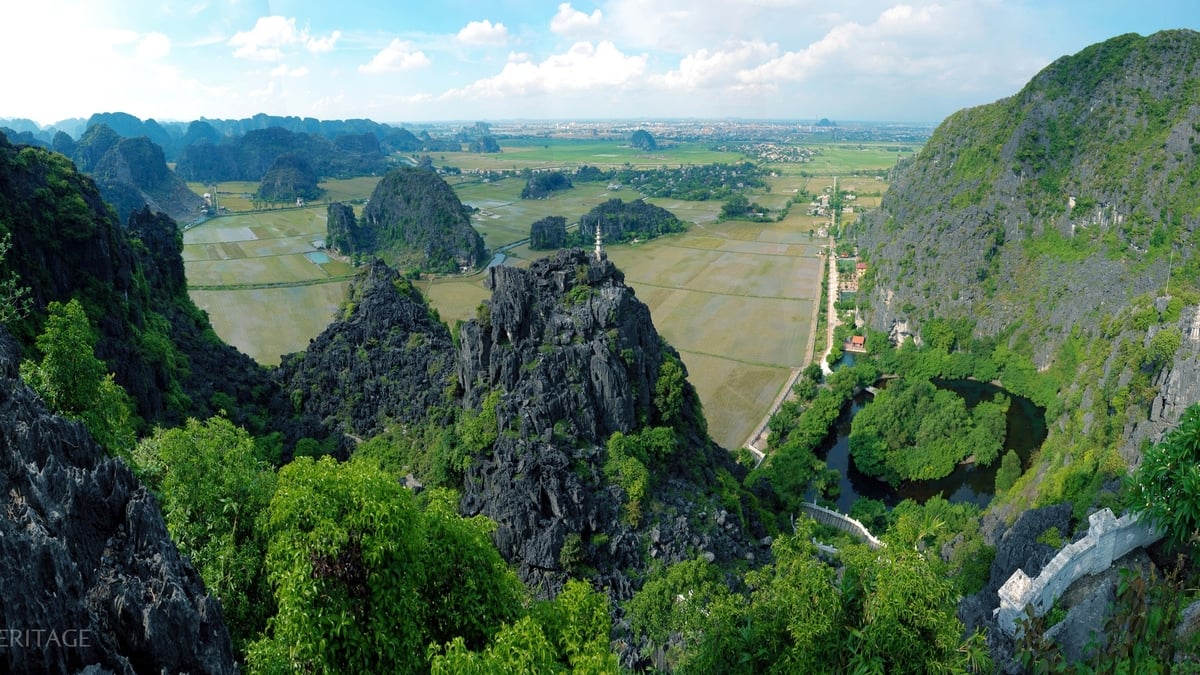
![[Photo] Prime Minister Pham Minh Chinh chairs a meeting on the implementation of the Lao Cai-Hanoi-Hai Phong railway project.](https://vphoto.vietnam.vn/thumb/1200x675/vietnam/resource/IMAGE/2025/5/20/0fa4c9864f63456ebc0eb504c09c7e26)



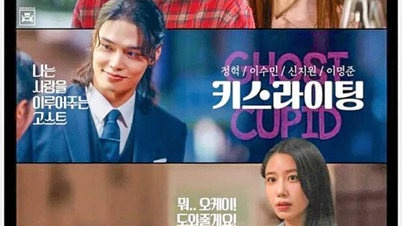


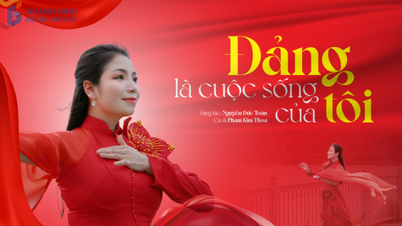
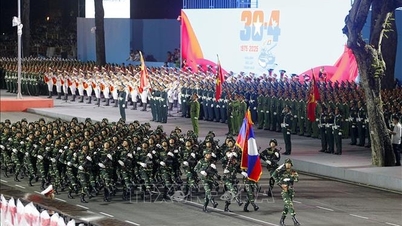

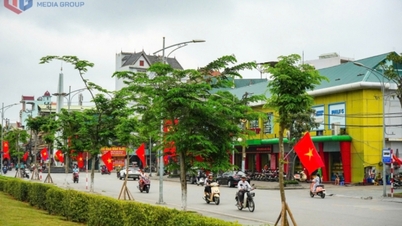
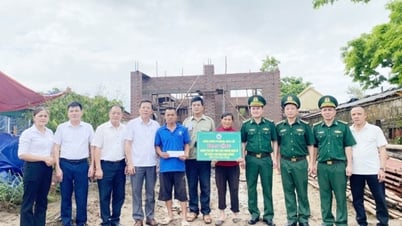

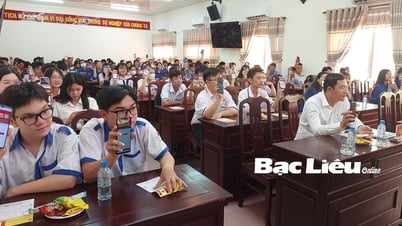
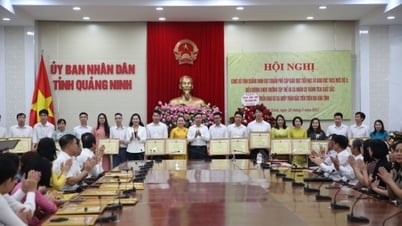
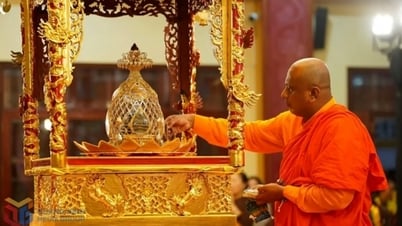
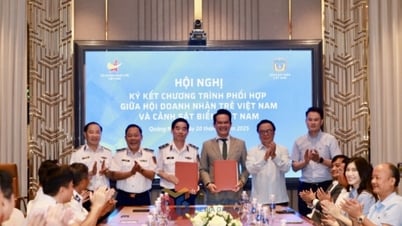
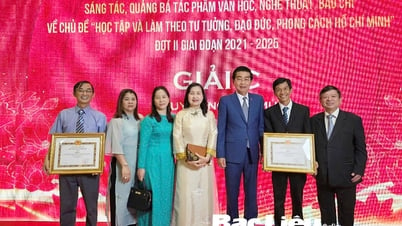







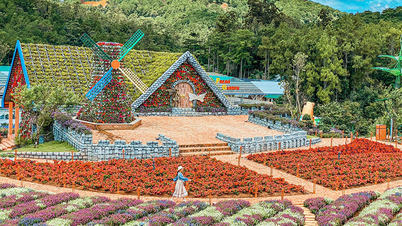
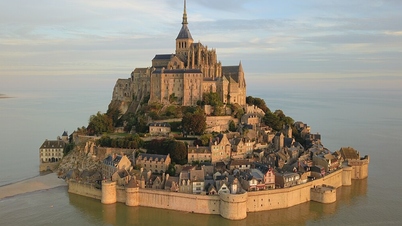
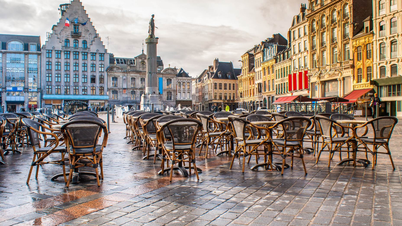
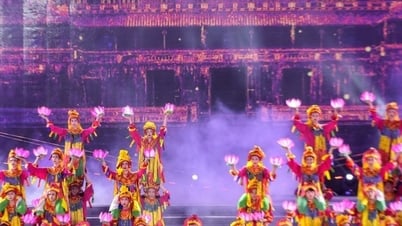



























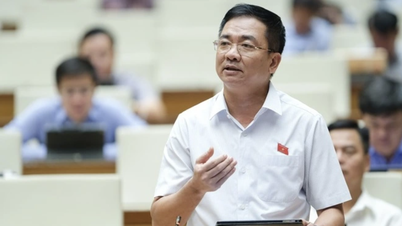
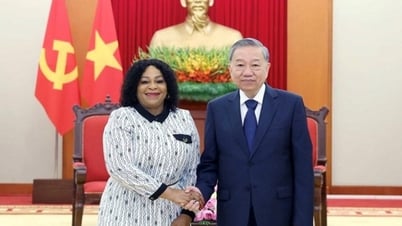

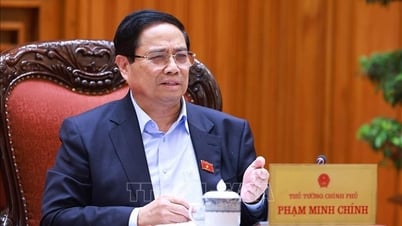

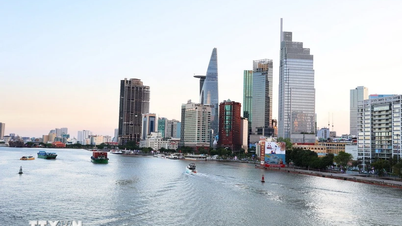
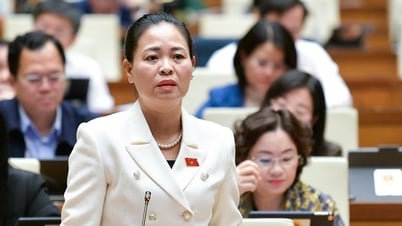

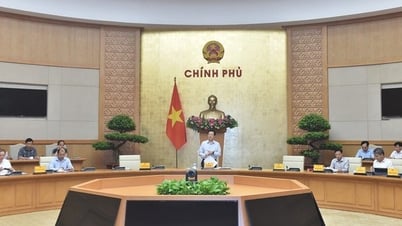

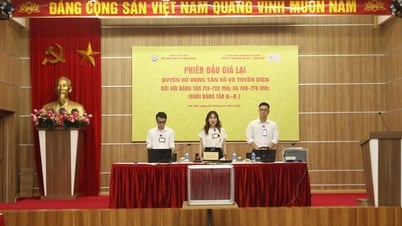

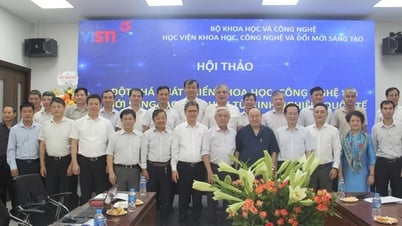
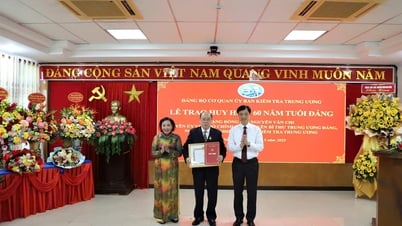

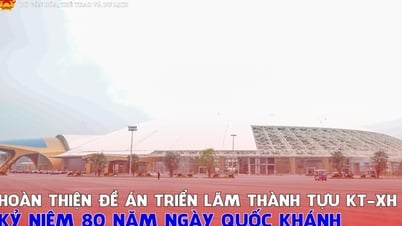
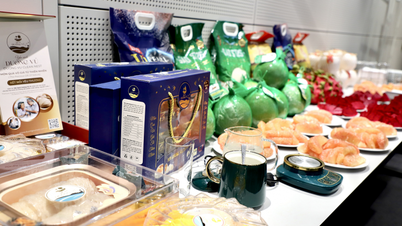

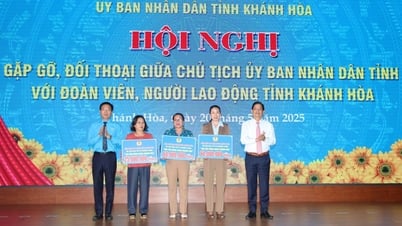

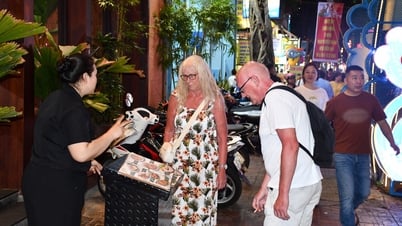
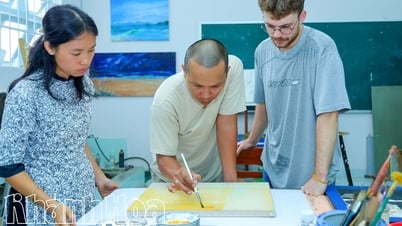
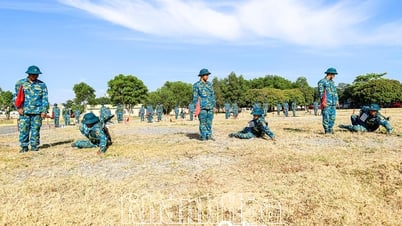
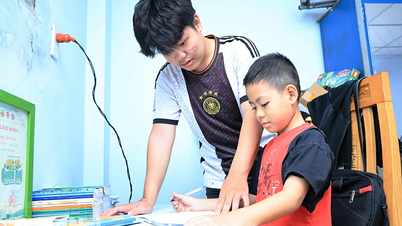













Comment (0)